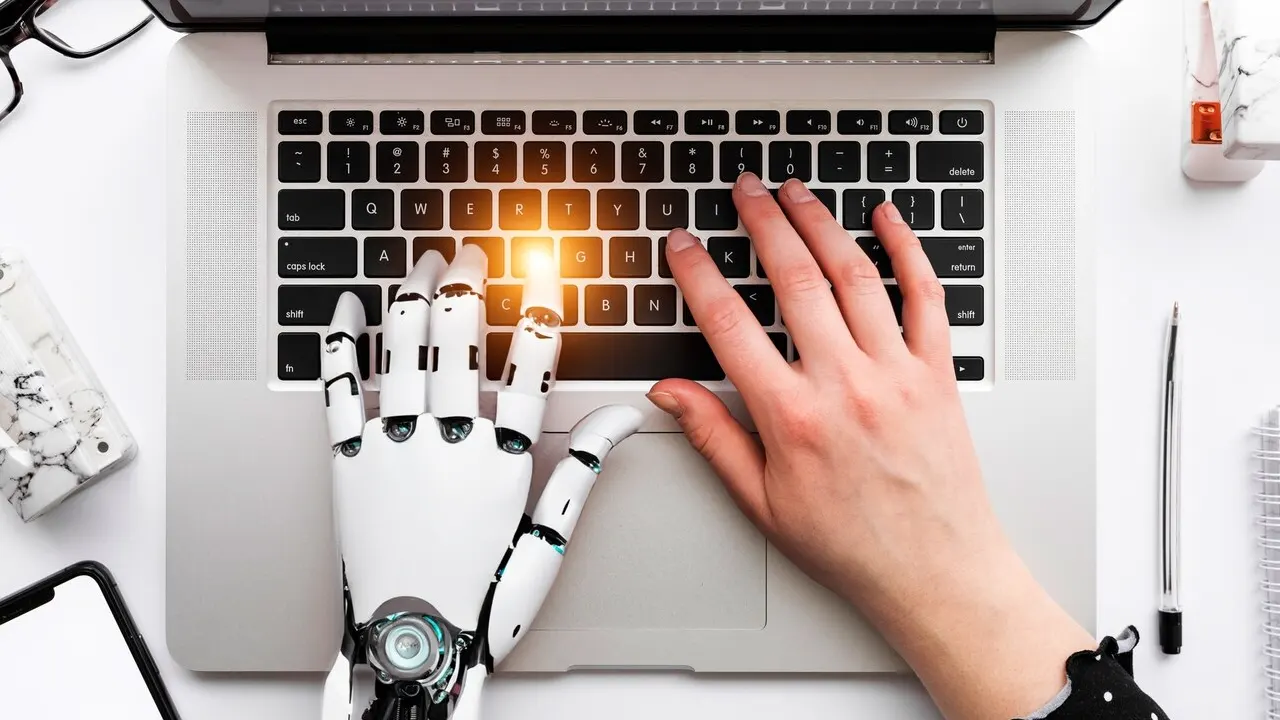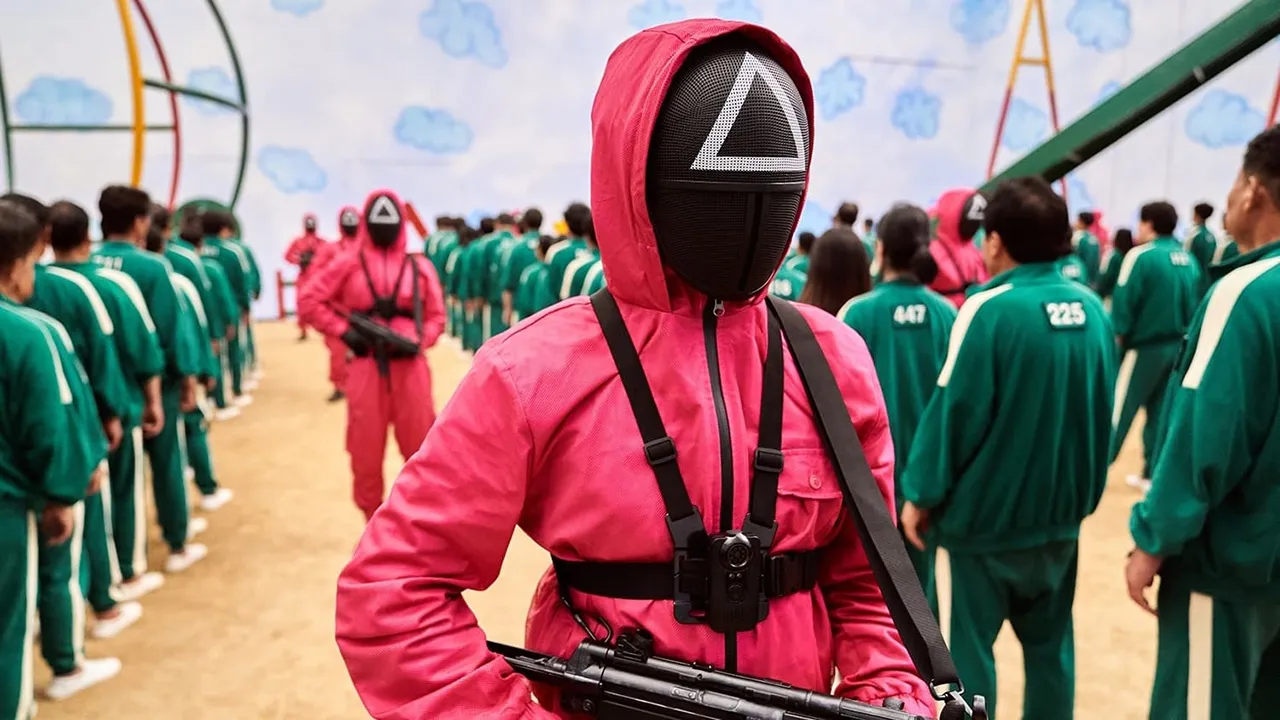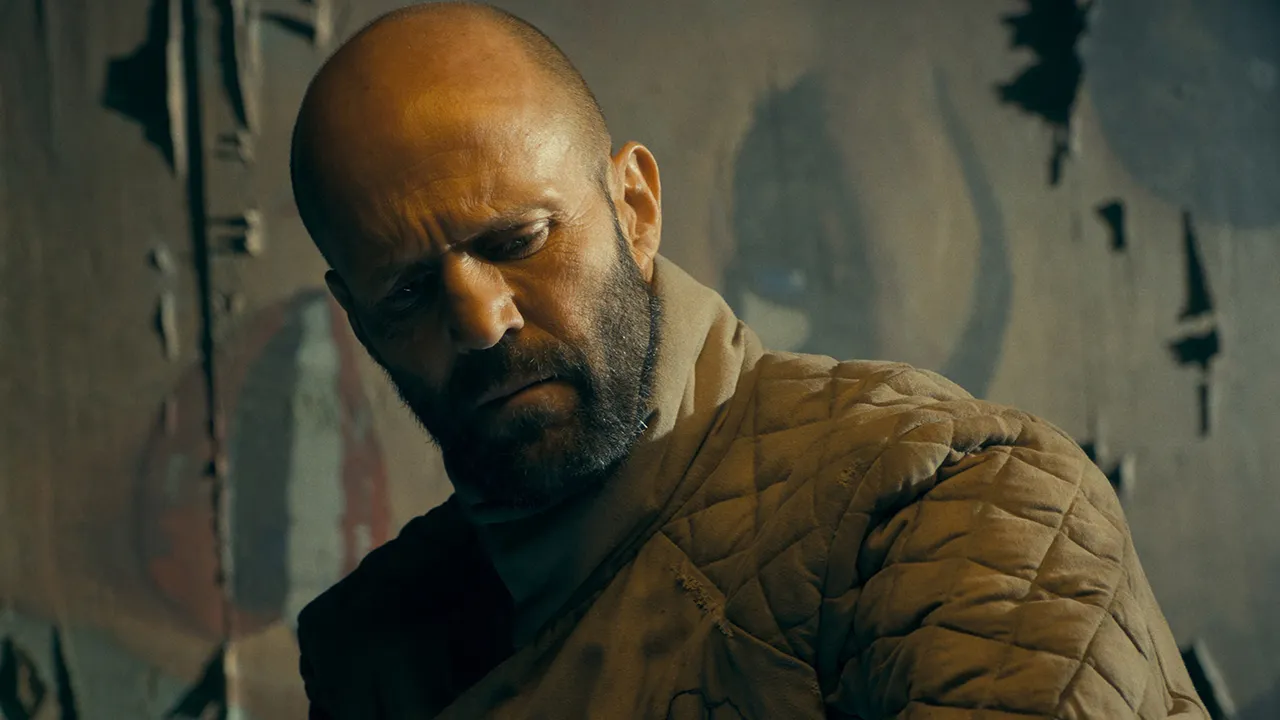Have you ever wondered if your profession is under threat from artificial intelligence? If so, you're not alone. Many people are afraid that AI could replace humans in a variety of activities, from the simplest to the most complex.
But is this fear justified? Will AI really steal the jobs of millions of people? Are there any professions that AI is unlikely to replace?
In this article, we'll answer these questions and show you which professions artificial intelligence is unlikely to replace and why. We'll also explain how AI can be a powerful tool to assist humans in various tasks, but should not be seen as a threat to their ability to work.
What is Artificial Intelligence?
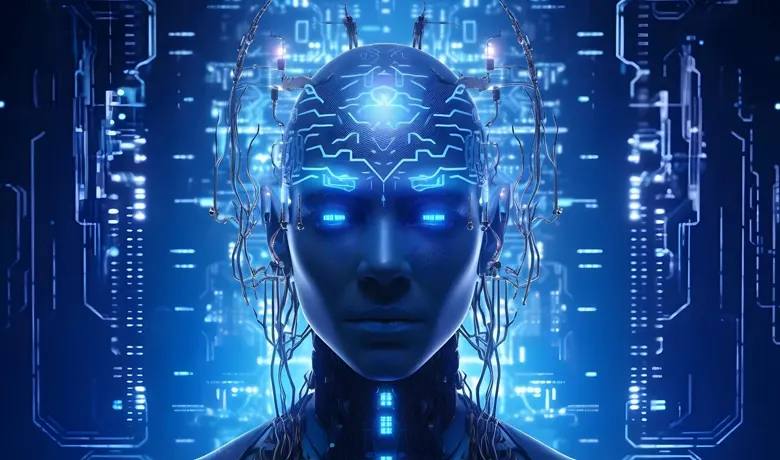
To find out which professions AI is unlikely to replace, we first need to understand what it is artificial intelligence and how it works.
Simply put, artificial intelligence is the ability of a system or device to do tasks that normally require human intelligence, such as recognizing images, understanding language, learning from data, solving problems, making decisions, etc.
Artificial intelligence can be classified into two types: a Weak AI and Strong AI.
- Weak AI is AI that can do a specific task, but has no awareness, reasoning or understanding of what it is doing. For example, a facial recognition application is a weak AI because it can recognize faces, but it doesn't know what faces are, who people are, what their emotions are, etc.
- A strong AI is one that can do any task that a human can do, and that has awareness, reasoning and understanding of what it is doing. For example, a robot that can talk, create, invent, feel, etc. is a strong AI. However, strong AI is still a distant goal for science, and there is no proof that it exists or can exist.
A system that has the ability to understand and produce human language, both written and spoken, has natural language processing. An example of natural language processing is a virtual assistant like Copilot, which can understand and answer users' questions using natural language.
Why could Artificial Intelligence replace some professions?
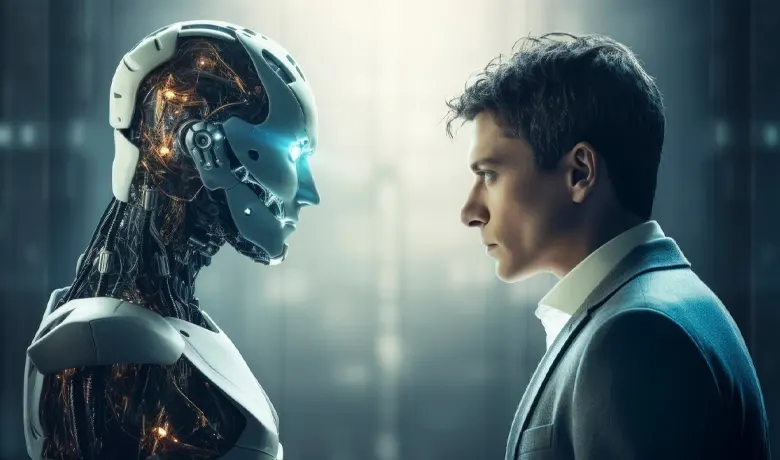
Artificial intelligence can replace some professions because it can perform tasks that are repetitive, routine, predictable, standardized, simple or involve large volumes of data.
These tasks are easier for AI to automate because it can do them faster, more accurately, more efficiently and more cheaply than humans. What's more, AI doesn't get tired, distracted, stressed, make human mistakes, etc.
Professions that demand empathy and creativity:
The first line of defense against automation are the professions that require Empathy e Creativity. These are intrinsically human qualities that go beyond the capabilities of AI.
In the field of Psychology e TherapyFor example, the emotional connection between therapist and patient is fundamental to the success of the treatment. No matter how advanced the technology, human empathy is irreplicable. The same applies to the arts, where individual expression and originality are valued above all else.
The professions involving content creationArtists, such as writers, journalists and artists, are also among the least threatened by AI. Although technology can generate texts or images, the true essence of art lies in subjectivity and human interpretation.
- Psychologists: The therapeutic relationship is a two-way street, requiring understanding, empathy and subtlety to address the patient's deepest issues.
- ArtistsArtistic expression is a unique manifestation of human experiences and emotions, transcending the computational logic of AI.
Fine Motor Skills and Dexterity:
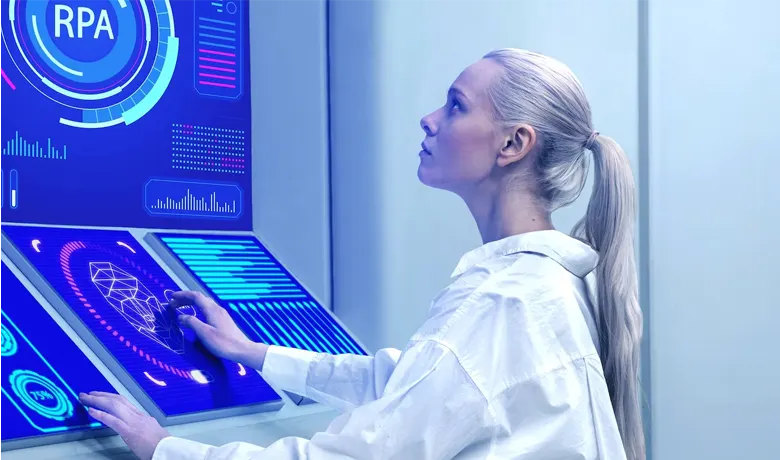
Another field where AI cannot yet compete is that which requires fine motor skills e dexterity. Professions such as surgeons, dentists e civil engineers require manual precision and the ability to adapt in real time, something that machines cannot yet fully replicate.
Surgeons, for example, need a unique combination of technical skills and intuition to handle delicate procedures. No matter how advanced AI is, the human touch is still irreplaceable.
- SurgeonsEach incision requires millimeter precision and a deep understanding of human anatomy, something that only years of practice and experience can provide.
- Civil Engineers: Building complex structures requires not only technical knowledge, but also creativity and the ability to solve problems in real time.
Social Interaction and Effective Communication:
The ability to relate and communicate effectively also puts certain professions beyond the reach of AI. Social workers, sellers e people managers rely heavily on interpersonal skills to do their jobs successfully.
For example, social workers need to build links with clients in order to understand their needs and offer appropriate support. No matter how advanced data analysis technologies are, empathy and the ability to understand the human context are incomparable.
- SellersPersuasion and the ability to read between the lines are essential for closing deals and building lasting relationships with clients.
- LeadersInspiring and motivating teams requires more than simple data analysis - it's about understanding individual needs and creating an environment that promotes growth and collaboration.
Critical Thinking and Complex Problem Solving:
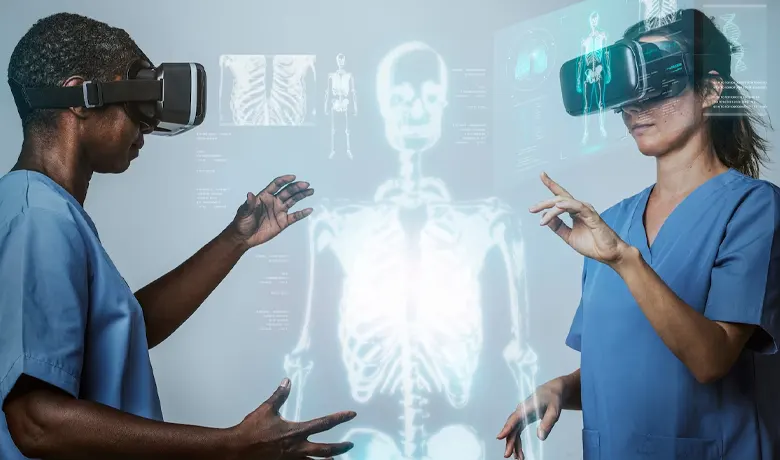
Finally, the critical thinking and solving complex problems are skills that distinguish humans from AI. Professions such as scientists, software engineers e entrepreneurs require a unique combination of creativity, intuition and strategic vision that is still beyond the reach of machines.
Scientists, for example, not only analyze data, but also formulate hypotheses, design experiments and interpret results in a way that goes beyond the capabilities of AI. Similarly, entrepreneurs need a strategic vision to identify opportunities and navigate the challenges of the business world.
- Scientists: The ability to question, explore and discover new knowledge is an intrinsic quality of human beings, driving scientific and technological advances.
- Entrepreneurs: Identifying gaps in the market and developing innovative solutions requires a combination of creativity, courage and resilience that goes beyond the capabilities of AI.
Conclusion
As we can see, despite the advance of AI, there are certain human skills that are irreplaceable. Empathy, creativity, interpersonal skills e critical thinking are fundamental to many professions and will continue to be valued in the future.
However, this doesn't mean that we should fear AI. On the contrary, when used intelligently, it can be a powerful ally, expanding our capabilities and making our work more efficient.
The real challenge lies in finding the right balance between the human and the technological, making the most of both worlds.
Remember, the future of work will be a collaboration between humans and machines, each contributing their unique skills to create a more productive and innovative world.
